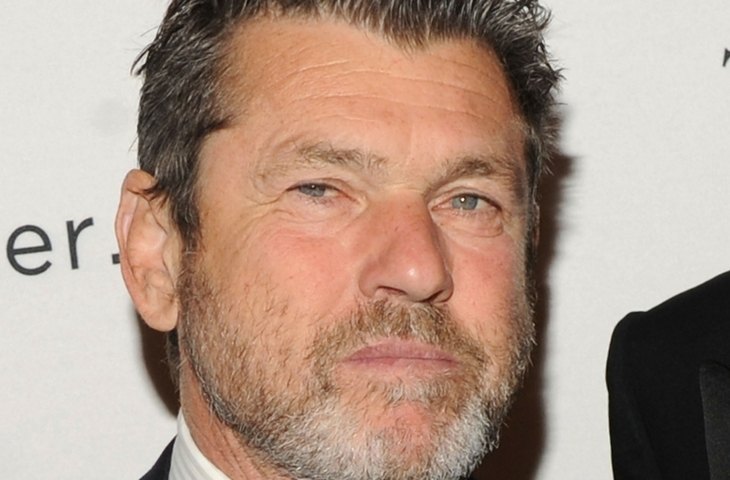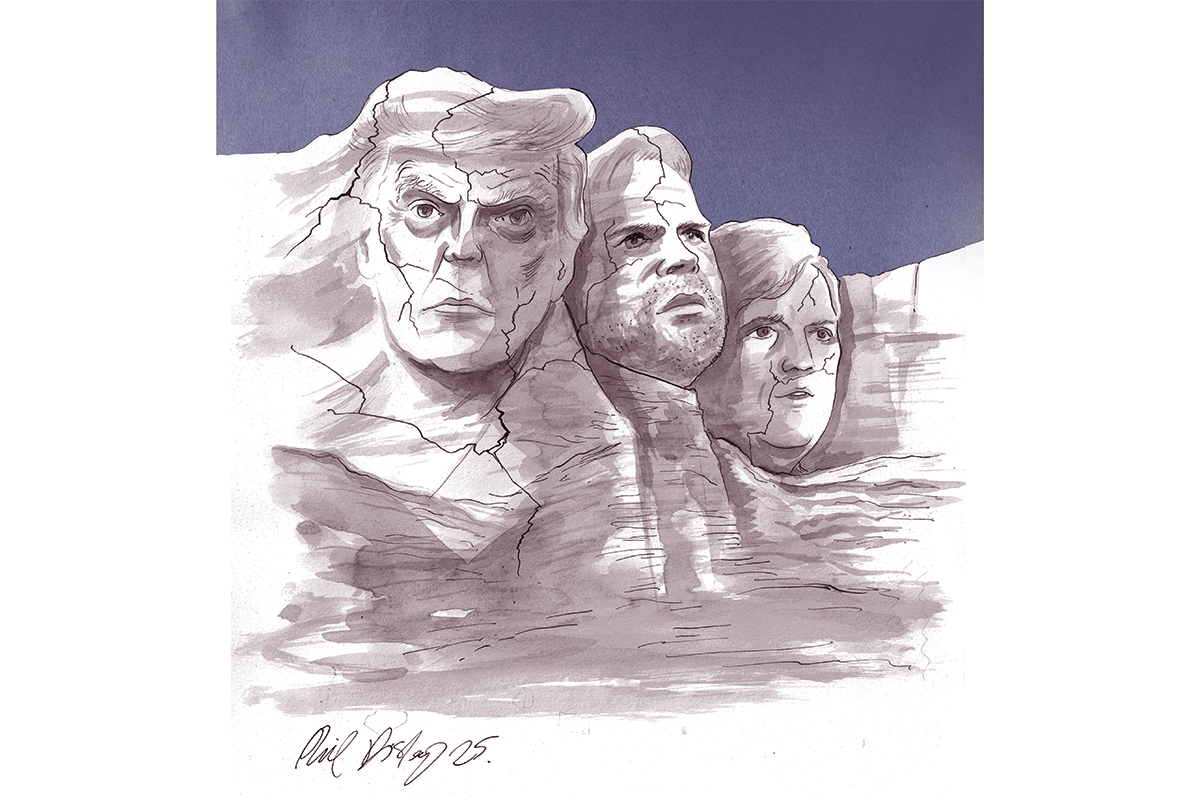We were so close to getting rid of Jann Wenner. When his 51 per cent stake in Rolling Stone was put up for sale last year, it felt safe to assume that the new owners would gently ease out the man whose disastrous recent leadership brought the publication to the point where it needed to be sold. No one on the editorial staff ever did lose their job over the debacle of Sabrina Rubin Erdely’s false UVA story in 2014. It seemed only fair that Wenner should lose his.
But reporting from Vanity Fair has confirmed that the Penske Media Corporation, the magazine’s new owners, are keeping Wenner on. Not with some kind of emeritus sinecure, either, but with the title of editorial director.
We should have known it would be this way with a Baby Boomer. A generation obsessed with preserving youth at all costs naturally has no idea how to make a graceful exit.
When Maurice Kinn bought the Accordion Times and Musical Express in 1952 and relaunched it as NME (speaking of graceful exits), do you think the old guard kept hanging around, nagging Julie Burchill to write about Primo Scala and His Accordion Band?
That’s what Wenner will be as he rattles around the Rolling Stone office, trying to persuade his staff that Bruce Springsteen and Bono are still the most important rock stars in the world. This is the man who allowed his magazine’s position in the zeitgeist to be outflanked by SPIN in the early 1990s and hasn’t recaptured its relevance since.
If the Rolling Stone ethos had ever really been about youth, Wenner would no doubt feel an obligation to step aside and let a younger generation take control of the magazine’s direction. But of course it wasn’t. It was only ever about the vices of youth—egotism, self-indulgence, unearned idealism—and the Baby Boomers’ reluctance ever to grow out of them.
Wenner’s biographer, Joe Hagan, thinks his subject might be able to make a success of the new regime if he can adapt to changing times. “Can you hit the reset and make Rolling Stone into a thing that feels vital again, for people who have never listened to the Eagles, or don’t even know who they are?” he said.
Here we pass over from business into questions of morality, for if there exist readers out there who don’t know who the Eagles are, the only decent thing to do is to preserve them in their blissful ignorance. Hard as it may be to believe, people under the age of 50 who have somehow avoided becoming exhaustively versed in Boomer culture are better off for it.
Alas, as we ought to have learned by now, the Boomers want everyone to be as obsessed with them as they are with themselves. From his labors to that end, Jann Wenner will never voluntarily rest.

























